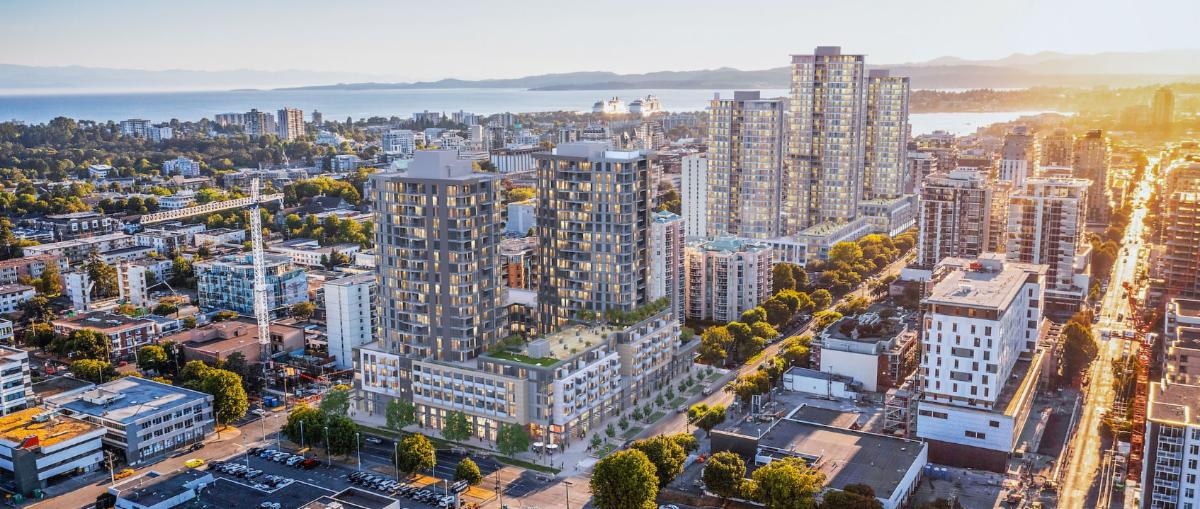Curious how LNG could impact Greater Victoria?
Natural gas has a long history as a game-changing source of energy. From the old slogan, “Now you’re cooking with gas” to recent proposals aimed at boosting BC’s economy and helping wean the world off coal, LNG has made plenty of headlines.
Chamber members have a chance to dig deeper into those stories and others when we host FortisBC President and CEO Roger Dall’Antonia. The event, sponsored by ColdStar Solutions, runs Sept. 9, from 11:30am to 1 pm, at the Hotel Grand Pacific.
Dall’Antonia will speak about the latest efforts to grow the industry, the impact investing in natural gas will have on provincial revenue and the opportunities available in Greater Victoria.
If you have questions about FortisBC and our province’s energy sector, please send them to communications@victoriachamber.ca. We’ll select those that help inform conversations about our region and get the answers at the event directly from one of the province’s foremost experts.
Reserve your seat now for the Chamber’s next Business Leaders Luncheon, and make the most of this chance to connect with top movers and shakers in our business community.


























